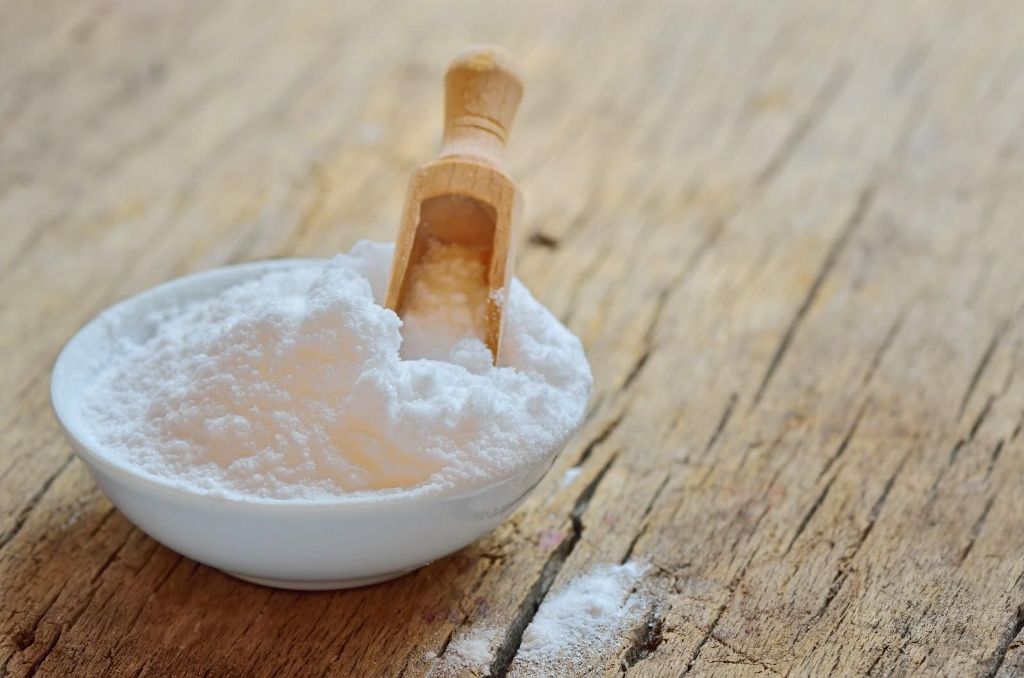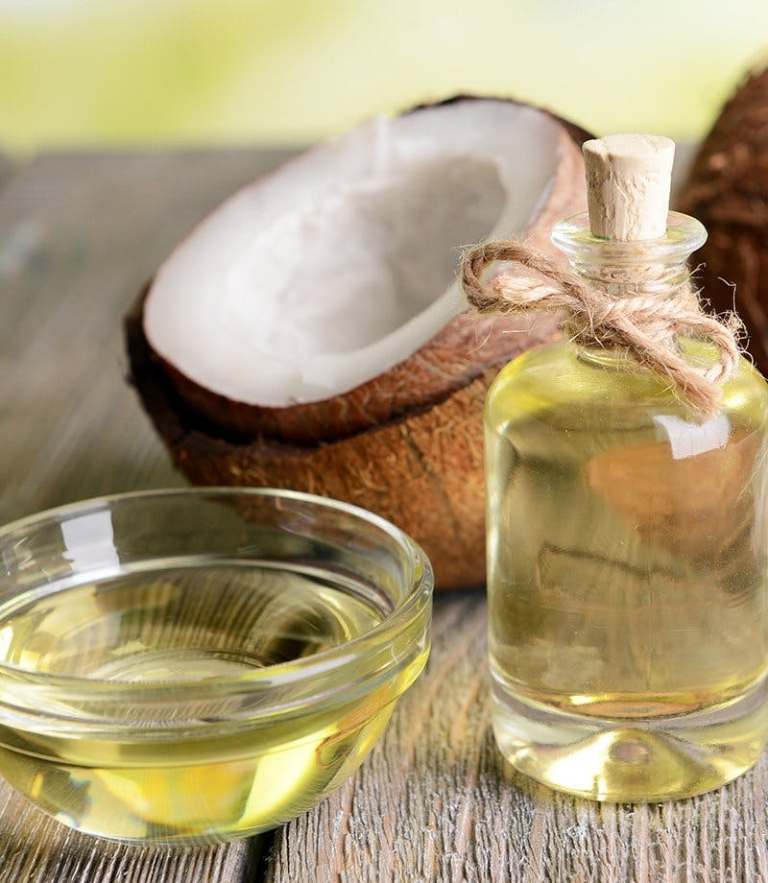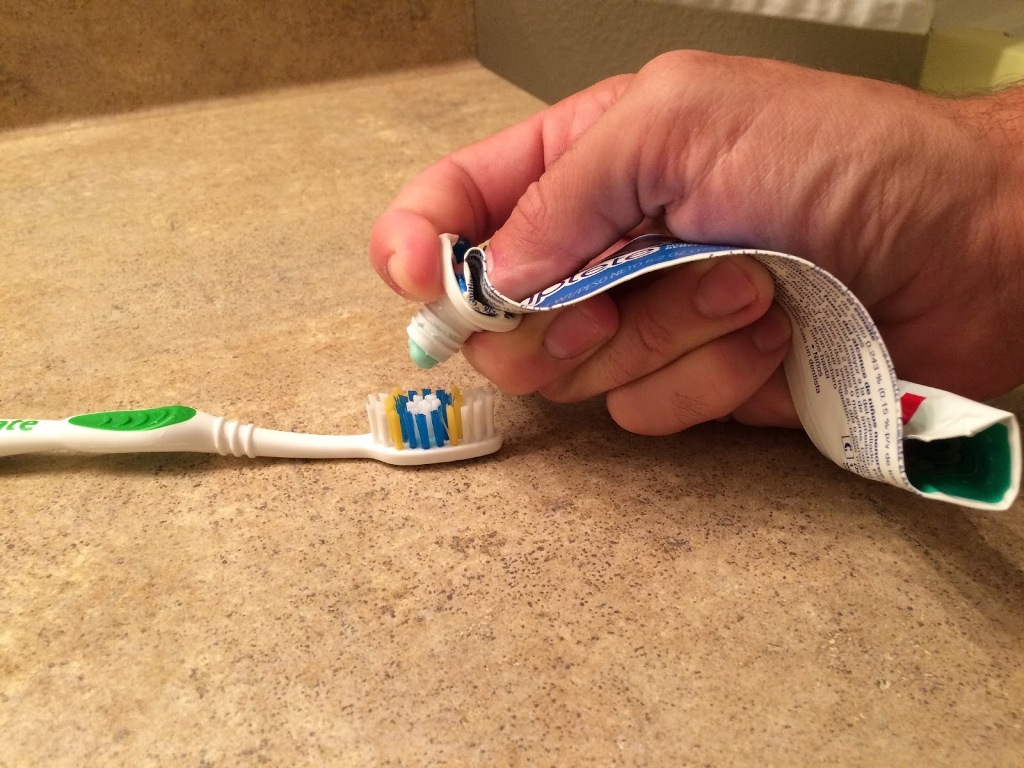You probably forgot your toothpaste tube while packing for your camping escapade. Perhaps you just forgot to buy the tube while shopping for your monthly supplies and you can’t go to work with morning breath. No toothpaste? No problem! We understand that brushing your teeth is one of the most vital elements of maintaining oral health and hygiene. Lack of toothpaste shouldn’t be the reason you fail to brush your teeth and welcome trouble such as cavities and dental diseases. So, here are seven things you can use as alternatives to toothpaste.
Baking soda
Baking soda has to be the most popular of all toothpaste alternatives. Regular commercial toothpaste use baking soda as one of the primary ingredients. Dentists don’t recommend routine use of baking soda on teeth as it may erode the enamel. It is an abrasive agent that eradicates plaque to combat tooth cavities and even helps in whitening teeth. You may use baking soda as the other option to toothpaste by dipping your wet toothbrush in the agent and brush your teeth normally. Also, you could make a paste by mixing a teaspoon of baking soda with a few drops of water. You could add a few dashes of peppermint extract to the paste to give it a touch of mint for fresh breath.

Salt
Either table salt or sea salt will do the job. Like baking soda, salt also known as sodium chloride is a common ingredient in most commercial toothpaste. The abrasive effect is salt particles helps eliminate plaque from teeth, which keeps cavities at bay. It is effective in killing bacteria in the oral space and nourishes the enamel with mineral content. You may moisten your toothbrush and pass it through the sea or table salt, then brush your teeth as you would with toothpaste. It is also effective when mixed with baking soda or activated charcoal, in equal quantities.
Coconut oil
Coconut oil is a suitable alternative toothpaste because it carries antifungal and antibacterial properties. It also helps in reducing plaque build-up in teeth and preventing dental problems such as bad breath and gum diseases. Cleaning your mouth and teeth with coconut oil requires you to put one tablespoon of coconut oil in your mouth. You will then swish it in your oral space for fifteen minutes until it turns milky white. Run some water in your mouth to rinse your teeth. You can scrub your teeth with a wet toothbrush to give it a pearly finish.

Hydrogen peroxide
Hydrogen peroxide is a well-known tooth whitening agent but can also be used in place of toothpaste. Its antibacterial properties help kill bacteria in the mouth as well as preventing the build-up of plaque. You can make an effective and mild paste of food grade hydrogen peroxide and baking soda in equal parts. Use the mixture to brush your teeth gently and rinse it off. If you have amalgam fillings, this paste won’t work for you. The paste may leach mercury from the fillings, spelling health trouble. Be sure to use food grade hydrogen peroxide instead of the regular option. You don’t want a solution that will eat up your teeth when all you wanted was a substitute for toothpaste.
Activated charcoal
Activated charcoal is growing popularity in cosmetic dentistry due to its teeth whitening properties. It reduces stains and eradicates plaque on teeth. It is also believed that activated charcoal aids in balancing pH in the mouth, removing toxins and fighting bad breath. You can clean your teeth by dipping your wet toothbrush into powdered activated charcoal and brushing teeth as you would normally do. Rinse your mouth with clean water to get rid of the black color left on the teeth from the use of activated charcoal.
Turmeric
Turmeric has multiple health benefits. Oral health benefits are no exception. Turmeric harbors anti-plaque, anti-bacterial, and anti-inflammatory properties that make it a suitable substitute for toothpaste. Using turmeric as a toothpaste requires you to mix a quarter teaspoon of turmeric powder in a few drops of mustard oil. Smear the paste on your toothbrush and scrub your teeth. Rinse your mouth with clean water to wash away the paste. You can also make your own unique mouthwash by mixing a teaspoon of turmeric powder in a glass of warm water. Gaggle the water in your mouth for about a minute and spit it out. Repeat the procedure until you completely utilize your solution. Rinse with clean water after spitting the last mouthful of turmeric mouthwash.

Indian lilac
Also known as neem or margosa has been used for centuries as a common component in making herbal drugs. The herb possesses strong antiseptic and anti-bacterial properties that fight bacteria, gingivitis, plaque, and other gum diseases. Its application is popular in treating gingivitis. Neem also provides long-lasting fresh breath. The Indian lilac herb may be found in the market. You will extract the syrup from the need leaves and rub it on your teeth. Let it sit on your teeth for a few minutes then use a toothbrush to scrub the teeth. Rinse your oral space with warm water. The herb’s twigs are also effective in cleaning teeth. When a broken end of its twig is chewed, it makes a good toothbrush. Its syrup will be released on the tooth’s enamel as you brush with the twig. Similarly, you may use the twigs of lime, orange and eucalyptus tree to clean your teeth in the absence of both the toothbrush and toothpaste.
See? No toothpaste, no problem. If you are going to try any of these toothpaste substitutes, be sure not to swallow. Always rinse your mouth with pure water to wash away all these cleaning agents. Also, it would be helpful if you talked to your Family Dentist. Let the professional advise you before trying them out in case you have fillings and other dental concerns.

